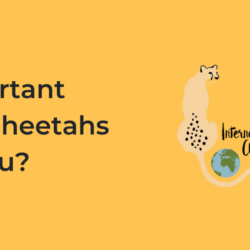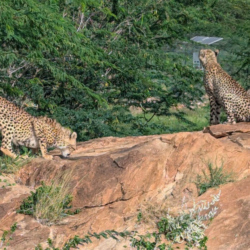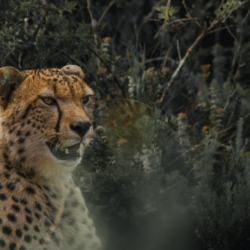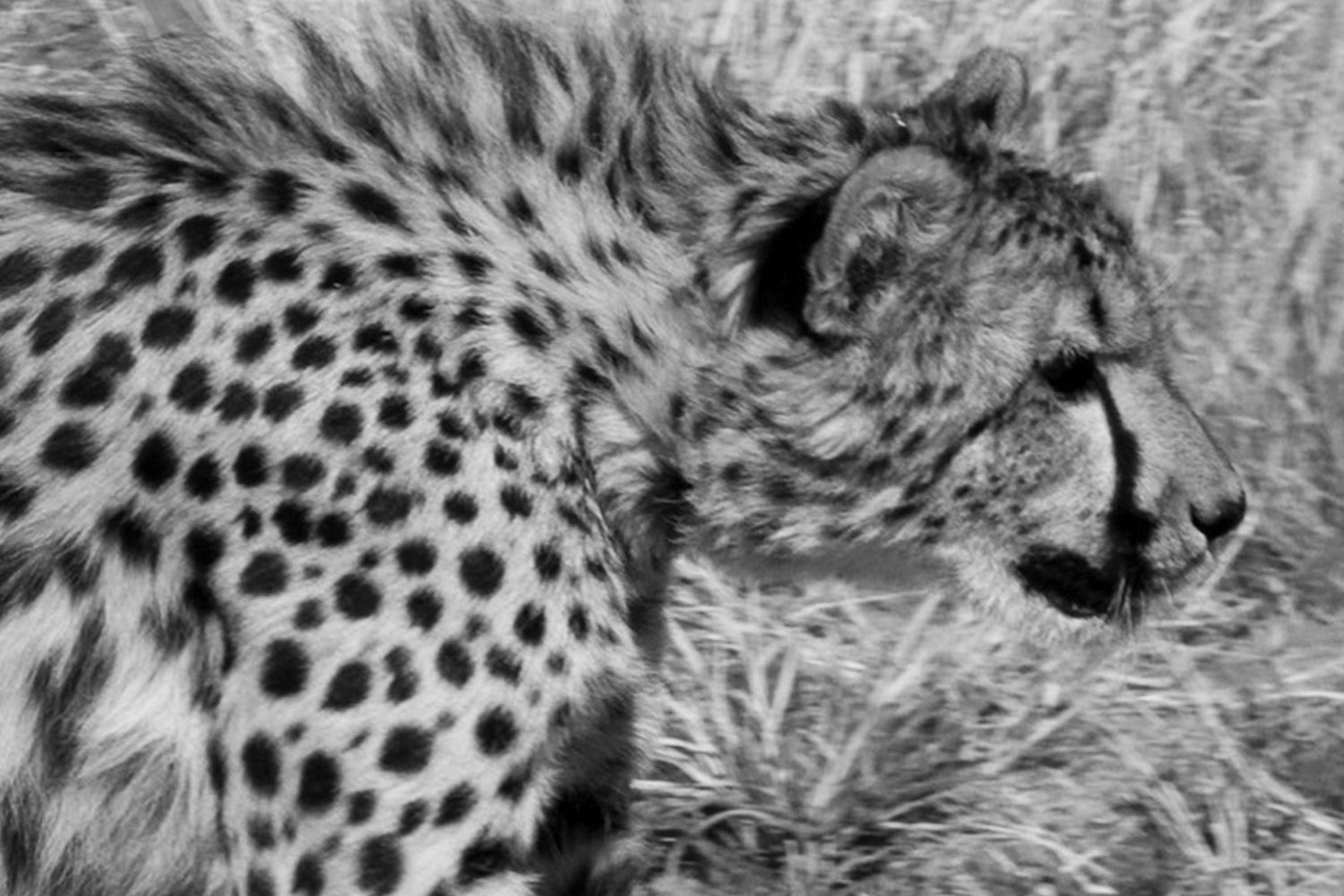Shutting down the illegal wildlife trade #KeeptheWildWild
-

- by Hannah Mulvany 10 March 2022

The beauty, grace, speed and individuality of cheetahs make them unique. These factors also make them vulnerable targets for the illegal wildlife trade. Demand is driven by the desire for social status. Supply is driven by poverty in the source countries – a farmer can command up to £140 per cub taken, and a trafficker up to £7,200 for each cheetah sold. Cheetahs are notoriously difficult to breed in captivity, so they are taken from the wild as cubs. To Keep the Wild, Wild, we’re trying to reduce the demand for cheetahs as pets, and improve law enforcement and legislation in all range countries to prevent the cubs being taken from the wild. We also provide veterinary support and lifelong care for rescued cheetahs, but we’d much prefer that they were in the wild, where they belong.
Education
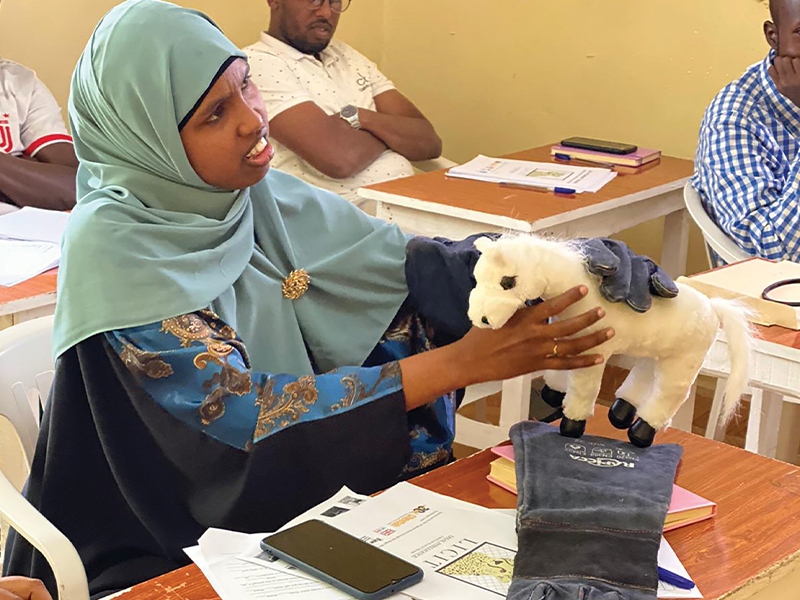
One of the most important things we do to shut down the illegal wildlife trade is conducting our community outreach programme in communities where trafficking is known to occur. At the final destination of the cheetah cubs, we are also striving to create awareness about how much the trade is impacting wild cheetah populations in the hope that people may think twice about wanting one as a pet. We also training wildlife, police and legal officials in the Horn of Africa to improve law enforcement and train livestock vets in wildlife medicine, allowing them to assist in cub confiscations, where the rescued cheetahs are often suffering from malnutrition and dehydration. By shutting down the trade at its source, poaching ceases to happen and cubs will be able to stay with their mothers to grow into adulthood.
Policy
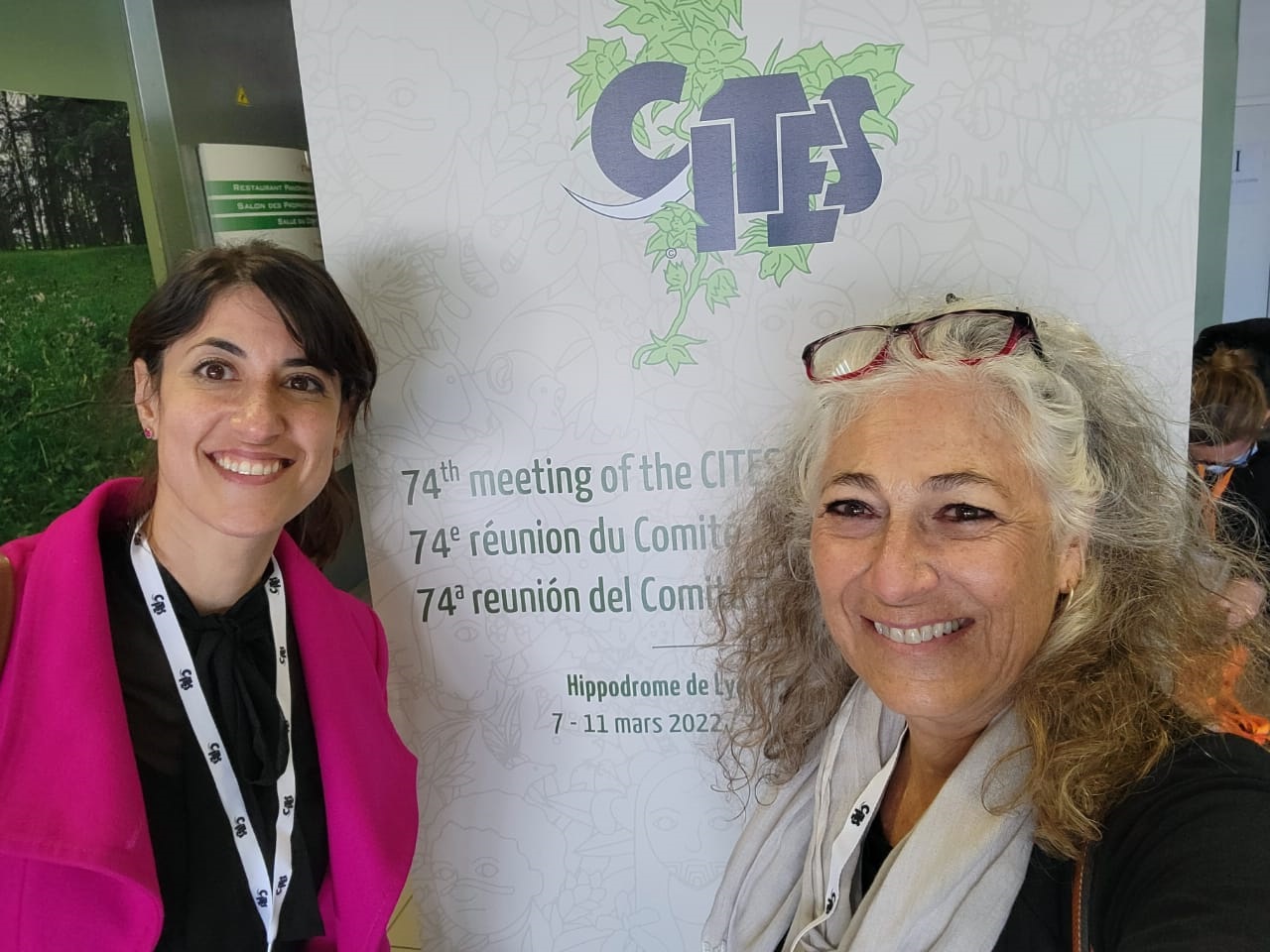
Current international policy is inadequate to prevent cheetahs being traded internationally. We continue to advocate for better laws to protect the species from the illegal pet trade by attending CITES meetings and recommending more effective legislation. We also support task forces working in law enforcement in the Horn of Africa. By improving international legislation and, therefore, law enforcement, the trade of cheetahs can be drastically reduced.
Research
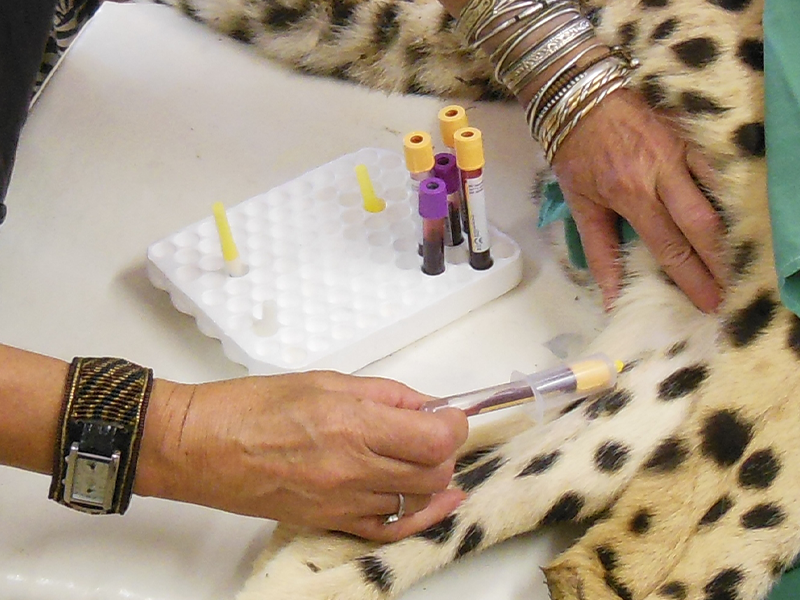
We conduct research into rescued cubs, using their DNA to establish their origin and assist in investigations. By helping with investigations, we provide evidence to law enforcement agencies that can help them to determine responsible parties.
Veterinary expertise
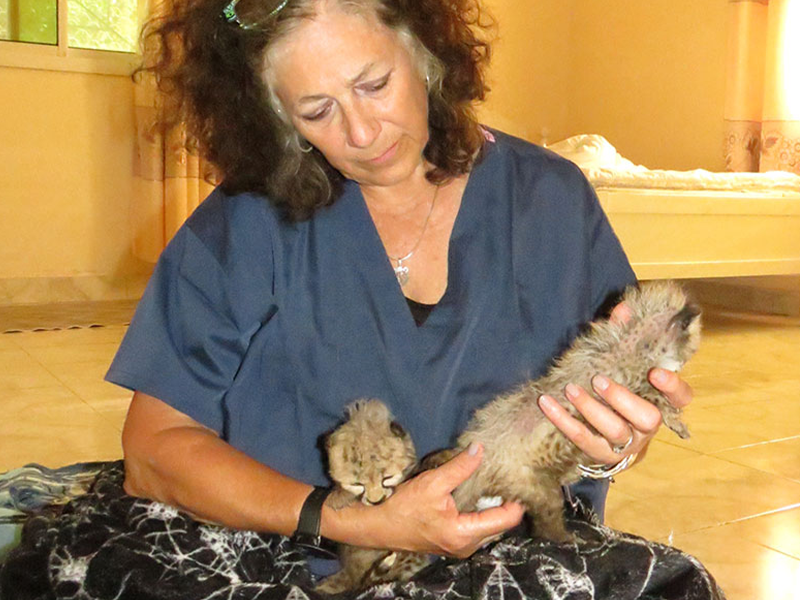
If you’d like to support our cheetah-saving work, please consider giving a one-off or regular gift here.
Related Reading
-
30 October 2024
Meet the Bandit Group: a crew of cheetahs aged 9 to 11 months
